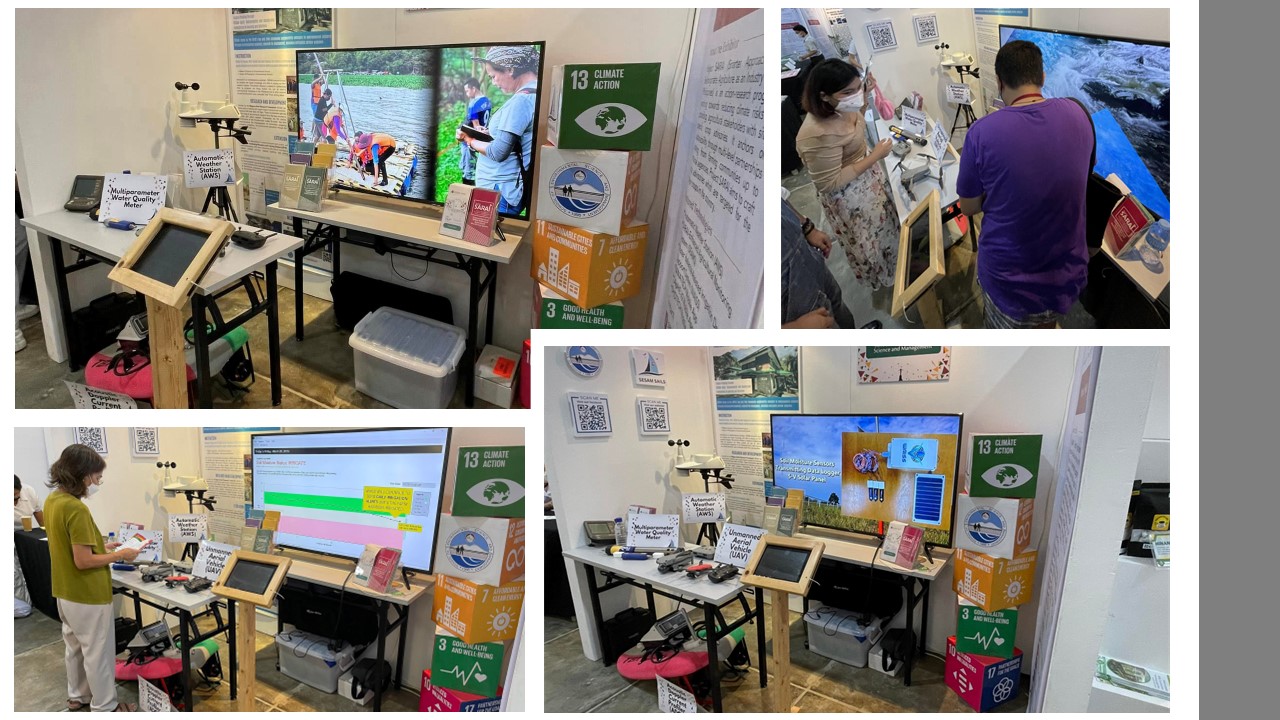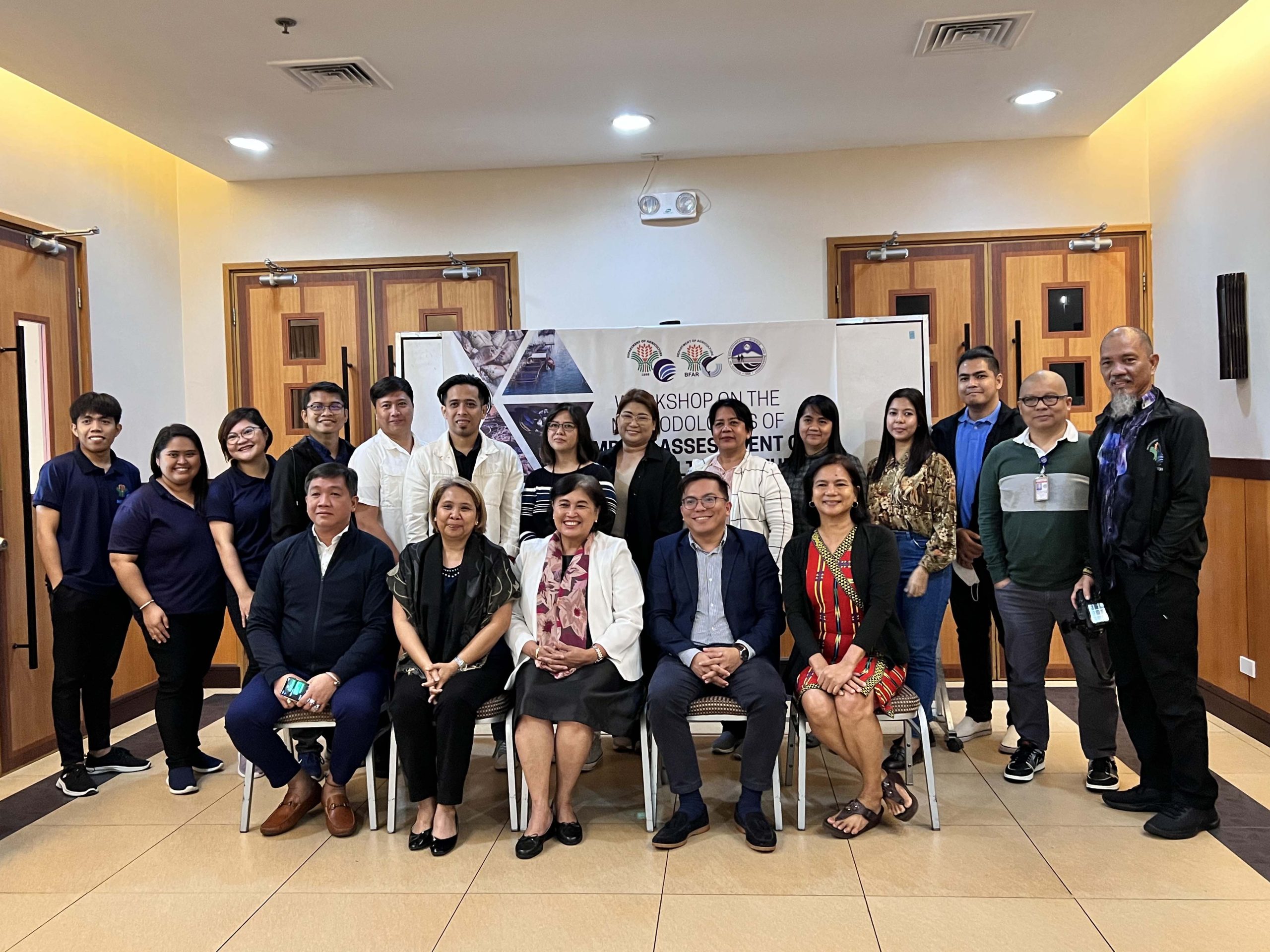UPLB products and innovations took the spotlight with the recently concluded 114th UPLB Foundation Anniversary last March 7-19, 2023.
Organized by the Technology Transfer and Business Development Office (TTBDO), a techno exhibit was installed in Charles Fuller Baker Hall to showcase products and innovations of the different colleges and institutions in UPLB, other State Universities and Colleges (SUCs), private organizations, industries, and agencies from across the country.
With the theme “Breaking Barriers: Community, Connectivity, Collaboration”, this annual celebration aims to recognize the university’s excellence in research and development, commemorate its beginnings, and connect various stakeholders.
In line with this, the School of Environmental Science and Management (SESAM), as the UPLB’s leading institution in championing sustainability concepts to environmental concerns, has a number of research outputs that were featured in the exhibit. These research initiatives focus on land, air, water, and people. Highlighting the Sustainable Development Goals (SDGs), SESAM featured the Project SARAi or the Smarter Approaches to Reinvigorate Agriculture as an Industry, a DOST-PCAARRD funded project for climate-smart agriculture. Some state-of-the art technologies SESAM is using for water quality monitoring were also showcased in the exhibit. And lastly, an automatic weather station (AWS) stood in the booth which the School used in its research projects focusing on disaster risk reduction and management and smarter agriculture.
The booth was visited by mostly college and high school students of Los Baños, Laguna. Researchers, non-government organizations, local and national agencies, and private industries also visited the set-up. This week-long celebration for the university’s foundation not only featured the tech exhibit but also a series of activities such as discussions and trade fairs. (RDAreglado)


